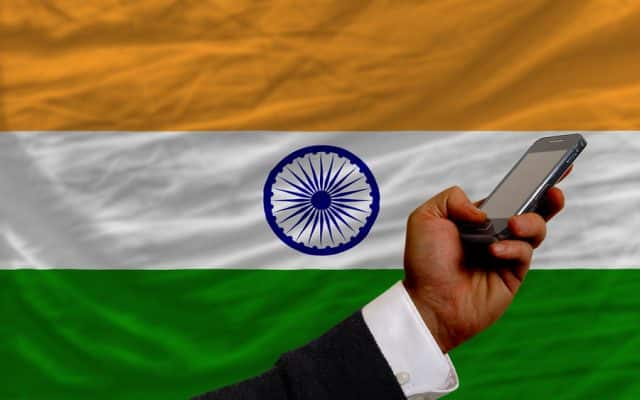Throughout the past 15 years the global economy has seen telephones evolve into cellphones, which evolved into smartphones and those smartphones evolved into all-consuming, life-changing, never-put-down pieces of necessary equipment for every adult, and some children as well. Consumers have paid hundreds, sometimes thousands depending on your country of purchase on the latest smartphone releases. In 2015, iPhone announced sales of 13 million units the weekend the company released the iPhone 6/6s. On October 9, 2015 iPhone launched their new product in over 40 countries – beating their previous weekend sales record by 3 million units worldwide.
The world is clearly demanding newer, faster and more aesthetically pleasing technology. However, the majority of the world’s population does not live in luxury, having their every desire packaged and delivered to them – as long as the price is right. More than 3 billion people worldwide live on less than $2.50 USD per day. In India, according to a 2014 census poll, 58% of the country’s population lived on less than $3.10 USD per day.
In February 2016, an Indian company named Ringing Bells launched their line of cheap smartphones, under the name Freedom 251. The phone takes its name from the price in rupees (251 rupees). They released a 4G smartphone available for $44.60 USD as well as a 3G model available for only $3.80 USD. The news made headlines worldwide. A smartphone for less than four dollars seemed too good to be true, and if it wasn’t how could any company get away with charging $700 USD for a piece of hardware? During the first day of sales back in February there were 30 000 pre-orders for the $4 phone. The company was forced to suspend sales. Though most of the country lives on $1500 per annum, the demand for phones for communication is nonetheless relentless. These items are necessities nowadays like access to the Internet, shelter, food and water.
The reviews for the $4 smartphone have been uniformly negative from many tech bloggers as well as internationally recognized news sources. Adwait Patil, of The Verge, has stated the smartphone works as well as someone would expect a phone that costs as much as a cup of coffee to work. The resolution was bad, the software had iPhone inspiration but is an Android product, the headphone jack had extremely poor audio, and the phone came equipped with a “useless” 3.2 megapixel camera. These have been standard comments from users who have purchased the phone. The poor reviews have done little to hinder sales, Ringing Bells announced in early June that on June 30th they would begin to deliver the first of the 200 000 units ordered.
Though the demand for the phone is still high among bad reviews one thing that might shut down the company’s innovative product for good are the governing bodies of India. The phone has been plagued with controversy since it was announced, and the government has taken notice. The Indian Cellular Association has asked the Telecom Minister of India to intervene as it has been suggested a smartphone cannot realistically be sold at that price. The ICA suggests that even with a subsidized cost the selling price should not fall below 3500 rupees, they also complained that government figures were present at the launch of the smartphone.
Two days after the official launch (February 18, 2016) the Ringing Bells offices were raided by government officials questioning the absence of a certificate from the Bureau of Indian Standards. The appearance of the Freedom 251 hardware has also been questioned. Some consumers have noticed the hardware is recognizably Chinese manufacturing with the original name pasted over or scratched out. Apple is also considering legal action as the icons are clearly copies of the iPhone’s appearance.
Freedom 251, once praised by international media for providing a service for billions of people in need of cheap alternative to modern communication, has had its reputation tarnished. Not only are customers unhappy with what they’ve received but the Indian government is also skeptical of the product and pursuing action to shut down Ringing Bells. This may not be the success story everyone hoped for, but it certainly inspires hope for the future. The idea is out there, and governing bodies across the globe have never had much success in extinguishing the bright light of ideas.










